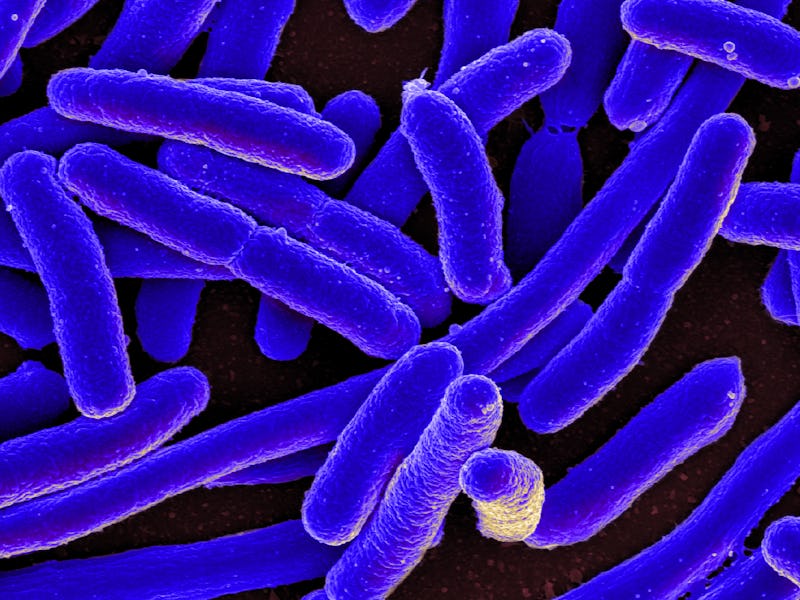World Health Organization Warns of Global Antibiotic Resistance
The threat of bacteria coming uncontrollable is on the horizon.

The World Health Organization has announced that antibiotic resistance has become a dangerous and global issue.
The warning came Monday, in a press release that stresses the dangers of what can happen when bacteria becomes immune to existing treatments.
“The rise of antibiotic resistance is a global health crisis, and governments now recognize it as one of the greatest challenges for public health today,” says Dr. Margaret Chan, WHO Director-General, in launching the survey findings Monday. “Antibiotic resistance is compromising our ability to treat infectious diseases and undermining many advances in medicine.”
It’s natural for bacteria to become resistant to drugs used for treatment, but the misuse and overuse of antibiotics is speeding up the resistance to, as Dr. Chan states, “dangerously high levels.”
Chan warns that the world is heading into a dangerous future, a time where “super bugs haunt hospitals and intensive care units all around the world,” and that under such circumstances, “common infections will once again kill.”
According to WHO statistics, 65 percent of the 10,000 people surveyed internationally (the nations gaged: Barbados, China, Egypt, India, Indonesia, South Africa, Vietnam, Mexico, Nigeria, Russian Federation and Serbia) are aware of the issue of antibiotic resistance, but don’t understand how to affect the situation. The WHO also claims that many of those surveyed believe antibiotics can be used to combat viruses—which are actually ineffective against such pathogens—while others feel that they should stop using prescribed antibiotics based on how they feel, versus a medically recommended plan of management.
“The findings of this survey point to the urgent need to improve understanding around antibiotic resistance,” says Dr. Keiji Fukuda, Special Representative of the Director-General for Antimicrobial Resistance. “This campaign is just one of the ways we are working with governments, health authorities and other partners to reduce antibiotic resistance. One of the biggest health challenges of the 21st century will require global [behavior] change by individuals and societies.”